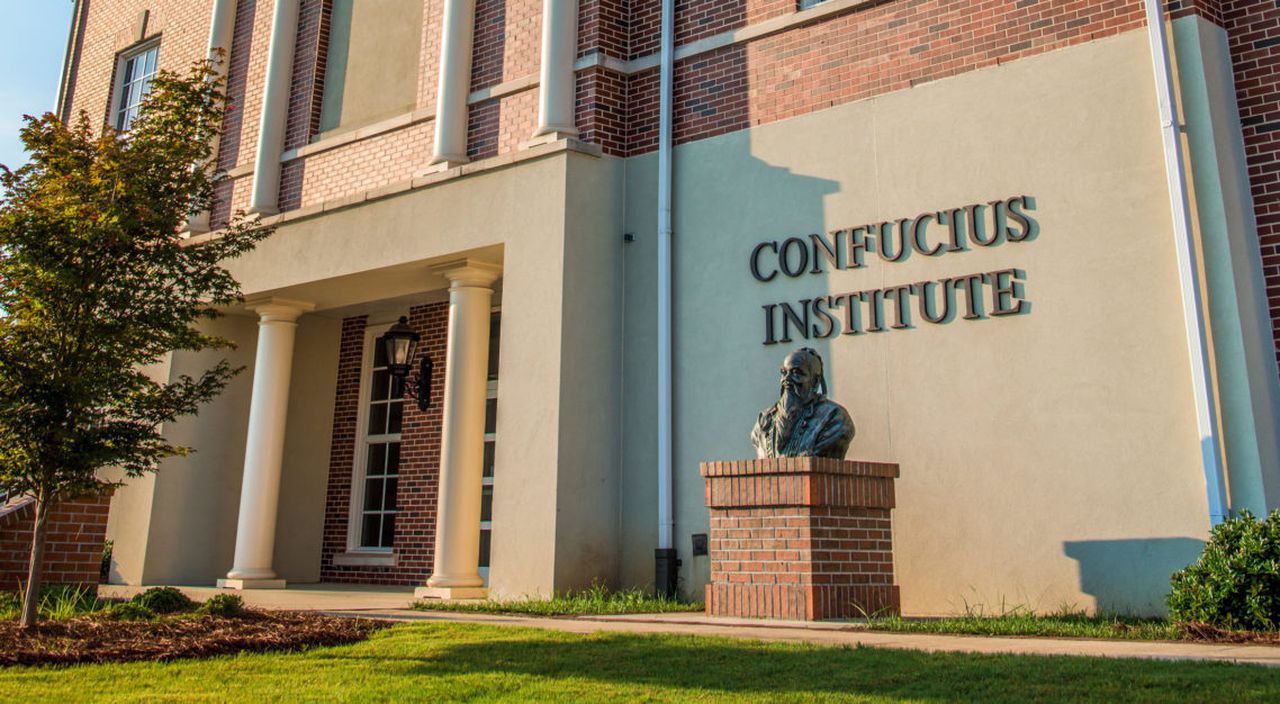Troy University closes Confucius Institute to keep federal funding
Troy University closed its controversial, Chinese-funded Confucius Institute on Wednesday, a month after the university’s board of trustees voted to shutter the center.
The board, which voted Feb. 2, cited the 2021 federal defense spending bill that gives universities an October 2023 deadline to close Confucius Institutes in order to remain eligible for Defense Department funding for its decision.
“Troy University’s strategic goals include continued growth and development as a research institution, which relies in part on access to federal funding, including from the Department of Defense,” said Dr. Lance Tatum, senior vice chancellor for academic affairs, in a statement. “We feel it is in the best interest of TROY’s long-term vision to transition away from our partnership with the Confucius Institute.”
Troy closed the institute and “ended the agreement with its sponsoring institution in China,” the university said. The institute’s two full-time employees and one student employee will be transferred to other roles, according to the university.
Confucius Institutes have come under fire for several years because of their connection to China’s Communist government.
Former Rep. Mo Brooks, who called on Troy and Alabama A&M to shutter their Confucius Institutes (Alabama A&M did so in April), claimed the centers “are nothing more than Communist Chinese Party propaganda and spying units.
Troy University Chancellor Jack Hawkins wrote a letter to Brooks in 2020 that there was no indication of undue influence by the Confucius Institute, which started at Troy in 2007.
“To summarize, our experience with the Confucius Institute to date has been positive, focusing on the teaching of Chinese language and culture, student/faculty exchanges with partner universities, and sending delegations to tour China,” Hawkins wrote. “The CI at Troy University has neither input to nor influence over matters of academic administration at Troy University, including research activities.
China “will remain an area of focus for the institution,” Tatum said.
The university will also continue recruiting Chinese students and maintaining “relationships with Chinese universities through initiatives including the Sino-American Cooperation in Higher Education and Professional Development (CHEPD) 1+2+1 Program, which brings Chinese students to the U.S. for two years of study,” it said.
